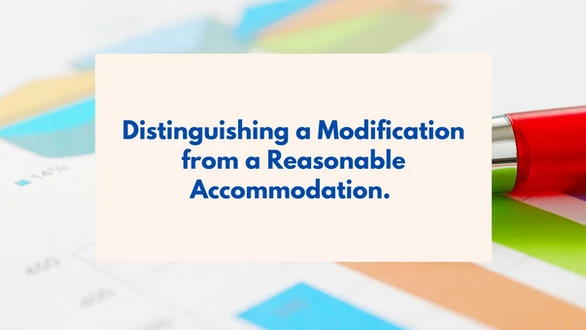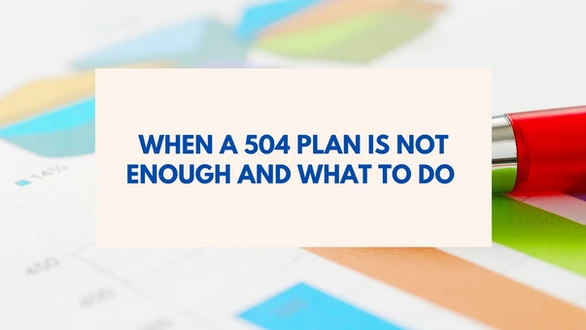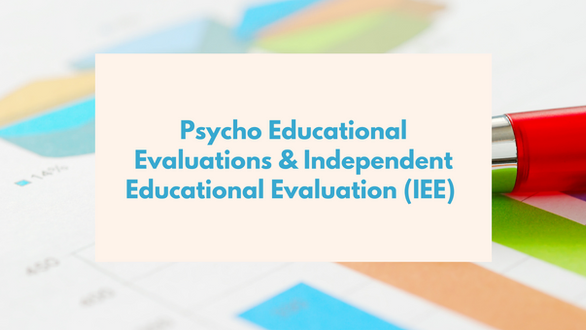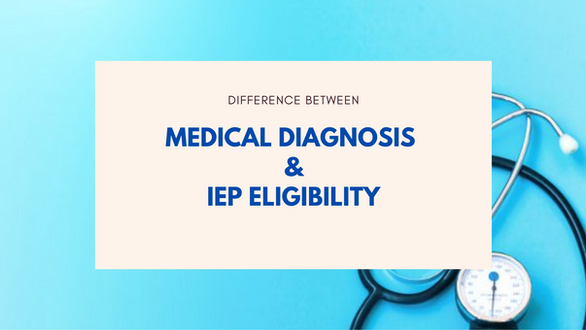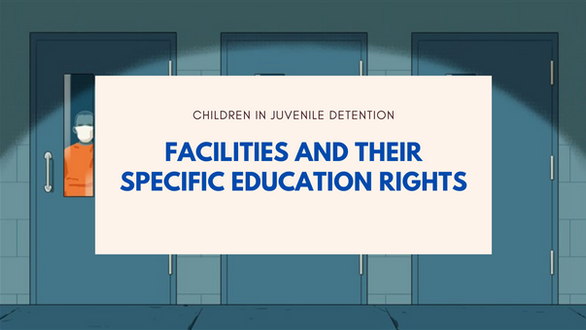Our nation and the world at large are facing an unprecedented public health crisis. With the outbreak of COVID-19, parents are navigating their new normal with children at home, jobs to keep, and serious concerns about nutrition and medical care. At the same time, educators are wondering how to connect with and reach all of their students from a distance. Many schools and programs are moving to distance learning or tele-intervention. Some educators may feel reluctant to provide any distance instruction because they believe that federal disability law presents insurmountable barriers to remote education. This is simply not true.
Every student deserves access to educational opportunities — even if that means virtual education (homeschooling) during this pandemic. And if educators are expected to innovate and act nimbly during these unprecedented times, we must provide the resources schools and districts so desperately need to effectively design those learning opportunities and educate all students.
SCHOOL DISTRICTS RESPONSIBILITIES FOR PROVIDING SERVICES TO CHILDREN WITH DISABILITIES DURING THE CORONAVIRUS DISEASE
As educators and students move to virtual learning during this time of social distancing due to COVID-19, the United States Department of Education, Office of Special Education and Rehabilitative Services (OSERS) has issued new guidance (the “Guidance”) to state and local educational agencies related to the provision of services to children with disabilities during the COVID-19 outbreak. At the outset, the Guidance notes that the IDEA, Section 504 and Title II of the ADA do not specifically address extended public school closures (more than 10 consecutive school days) due to health emergencies.
For a proper understanding of the new Guidance and with respect to school distict obligations, we will split the “Guidance” into scenarios and address school district obligations under each situation.
- When Schools Are Closed And Educational Services Are Not Provided To Any Students
The Guidance explains that when schools are closed and educational services are not provided to any students, schools do not have an obligation to provide instructional and related services to students with disabilities. When schools reopen, schools must make every effort to provide the services set forth in a student’s IEP or Section 504 plan. Working through the Planning and Placement Team or Section 504 team, as applicable, schools must also consider, on an individualized basis, whether the student requires compensatory services.
- When Schools Are Closed But Some Educational Opportunities Are Provided To The General Population Of Students
If schools are closed but some educational opportunities are provided to the general population of students, schools “must ensure that students with disabilities also have equal access to the same opportunities, including the provision of FAPE. (34 CFR §§ 104.4, 104.33 (Section 504) and 28 CFR § 35.130 (Title II of the ADA0).”
According to the Guidance, “SEAs, LEAs, and schools must ensure that, to the greatest extent possible, each student with a disability can be provided the special education and related services identified in the student’s IEP developed under IDEA, or a plan developed under Section 504. (34 CFR §§ 300.101 and 300.201 (IDEA), and 34 CFR § 104.33 (Section 504))” (emphasis added). This Guidance is important because it recognizes the reality that school districts will not be able to replicate service delivery during a school closure as a result of a pandemic either by providing all of the services in the IEP or providing those services in the same manner.
When An IEP Student Is Required Or Advised To Stay Home By Public Health Authorities Or School Officials For An Extended Period Of Time Because Of Covid-19
If a student who has an individualized education program (IEP) through the Individuals with Disabilities Education Act, or is receiving services under Section 504, is required or advised to stay home by public health authorities or school officials for an extended period of time because of COVID-19, provision should be made to maintain education services. This also applies if the student is absent from school as advised by the student’s treating physician, consistent with school policy and documentation requirements. During such absences, if the school is open and serving other students, the school must ensure that the student continues to receive a free appropriate public education (FAPE), consistent with protecting the health and safety of the student and those providing that education to the student. If feasible, the student’s IEP Team, or the personnel responsible for ensuring FAPE to a student for the purposes of Section 504, can be utilized to assist with the effort to determine if some, or all, of the identified services can be provided through alternate or additional methods. Accessible technology may afford students, including students with disabilities, an opportunity to have access to high-quality educational instruction during an extended school closure, especially when continuing education must be provided through distance learning.
- IEP Evaluation When Schools Are Close
IEP Teams are not required to meet in person while schools are closed. If an evaluation of a student with a disability requires a face-to-face assessment or observation, the evaluation would need to be delayed until school reopens. Evaluations and re-evaluations that do not require face-to-face assessments or observations may take place while schools are closed, so long as a student’s parent or legal guardian consents. These same principles apply to similar activities conducted by appropriate personnel for a student with a disability who has a plan developed under Section 504, or who is being evaluated under Section 504.
CONCLUSION
In addressing the risks of coronavirus, school officials must keep students safe and secure, and also meet federal civil rights requirements. In addition to the new Guidance, this fact sheet from OCR presents the rights of students with disabilities during school closures, and reminds schools of their legal obligation to comply with non-discrimination obligations under civil rights laws, including Section 504 of the Rehabilitation Act of 1973 and Title II of the ADA, and provides tools to assist schools in facilitating distance learning for all students.






